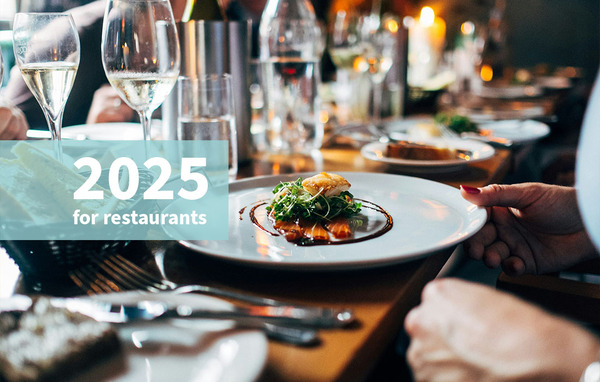Wake-up call: combatting a Hygiene Emergency Prohibition Notice
Restaurants and foodservice businesses hoping to bounce back from lockdown can ill afford an unsatisfactory environmental health inspection. Richard Reichman and Suzanne Gallagher explain how to respond to a notice.
The problem
Indoor dining restrictions have eased and a restaurant is fully booked for weeks. A general manager suddenly reports that an environmental health officer has attended to undertake an inspection; they are carrying out overdue inspections missed due to lockdown. As a result of their findings, there is a risk of the restaurant being immediately shut down.
The law
An officer has the authority to serve a Hygiene Emergency Prohibition Notice if satisfied that hygiene concerns pose an imminent risk of injury to public health.
This imminent risk of injury must exist at the time the notice is served. There need not have been an injury or complaint prior to the service of a notice. Examples of inspection findings that may constitute an imminent risk of injury include serious pest infestations, poor structural standards or evidence of poor cleaning practices. If a notice is served, it is a serious and draconian step that will prohibit certain activities or operations within the restaurant. It will often mean the immediate closure of the restaurant.
The officer will apply to the Magistrates’ Court for the prohibition to be confirmed by way of a Hygiene Emergency Prohibition Order. This application must be made within the period of three days, beginning with the service of the notice, or it will lapse and compensation may be available. A hearing will take place for the court to decide whether to issue an order. The burden of proof regarding whether there is an imminent risk is on the balance of probabilities (more likely than not), rather than the higher criminal standard of proof (beyond reasonable doubt). Expert advice
Businesses are advised to have appropriate procedures in place for the urgent internal escalation of any inspection that may result in a notice.
Specialist legal representatives should be consulted as soon as possible in order to navigate this serious enforcement process and minimise the adverse impact on the business.
It may be possible to avoid the service of a notice if, for example, a voluntary prohibition and appropriate undertaking not to reopen without approval can be agreed.
Early investigation of the events is crucial to determine what action is to be taken and, if the notice is to be challenged, secure the necessary evidence. It is often desirable for evidence to be obtained from an independent expert.
A key question to consider is whether or not it is agreed that an imminent risk of injury to health is present on inspection. If not, the actions of the officer could be challenged at court. If so, the business will work with the officer to remedy matters as quickly as possible and request that the notice be lifted. The officer needs to consider the position as soon as reasonably practicable and within a maximum of 14 days.
To-do checklist
- Have appropriate procedures in place to escalate inspections.
- Seek specialist legal advice to protect the business.
- Engage with the regulator to minimise the disruption on the business.
- Investigate to determine the next steps.
- Consider obtaining expert evidence.
- Comply with or challenge the notice.
Beware!
The service of a notice can be hugely damaging for a food business. Loss of trade, loss of resources dealing with the response, reputational harm and costs associated with remedial action are likely consequences.
Any person who knowingly contravenes a notice is guilty of an offence. The service of a notice also generally marks the start of a criminal investigation and a prosecution for food safety or hygiene failings may follow. The maximum penalty for these offences is a fine without upper limit and/or imprisonment for a maximum period of two years.
Contact
BCL Solicitors has extensive experience representing food businesses regarding food safety and hygiene regulatory matters. Please contact Richard Reichman or Suzanne Gallagher for further information.
www.bcl.com; 020 7430 2277
Photo: ALPA PROD/shutterstock.com















